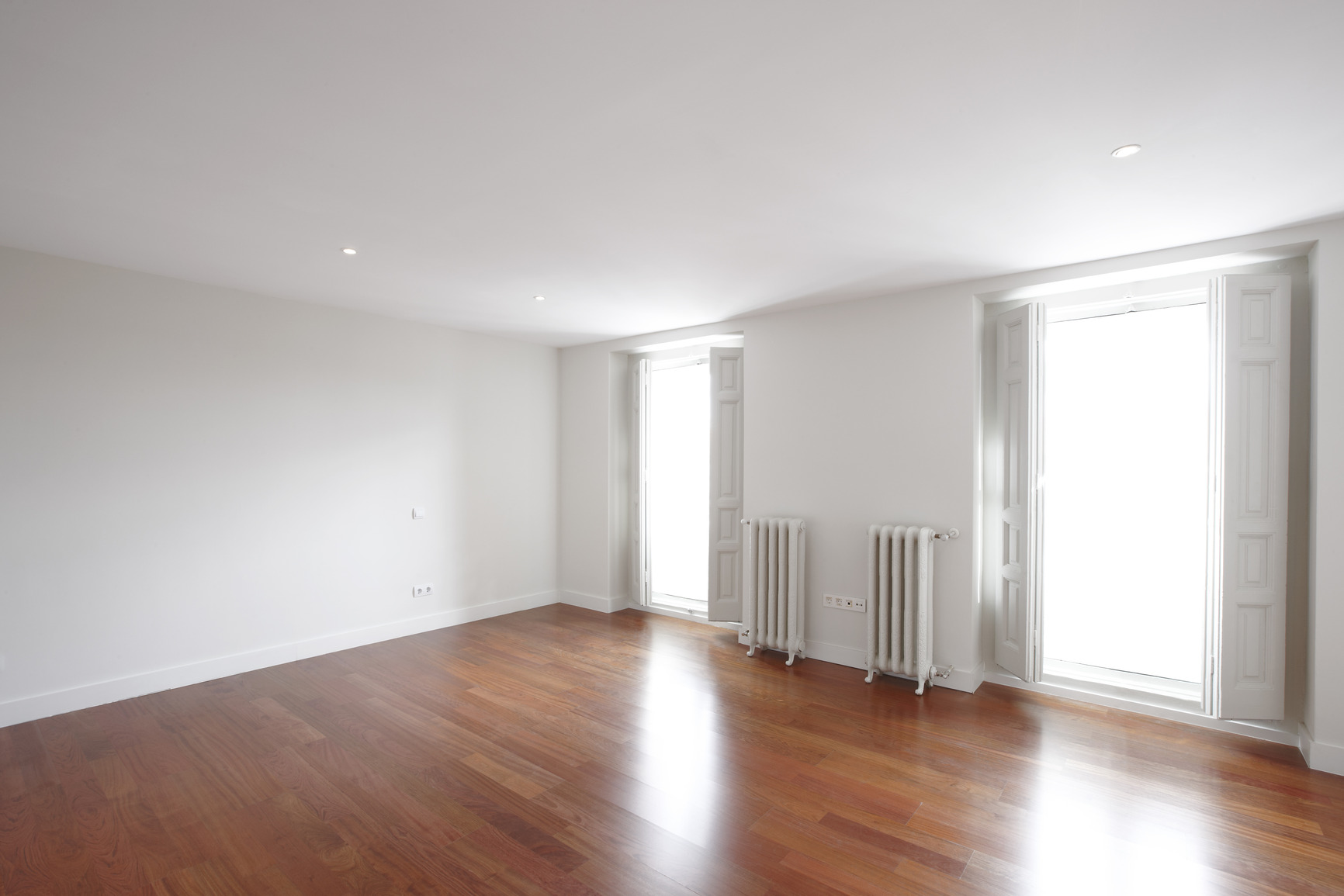Being the executor of a will can be quite a responsibility. While the estate is in probate, you are charged with looking after potentially substantial financial and property assets. Get things wrong and you could find yourself personally liable for any losses suffered by the estate or its beneficiaries.
Property – whether it was the deceased’s own home, buy-to-let, or other investment property – is frequently the most valuable of the assets for which you are responsible as an executor. As such, you must ensure that no loss or damage is sustained by any property in the estate. As usual, the primary safeguard is insurance.
Does a probate property need separate insurance?
Typically, of course, the deceased would have arranged suitable insurance for any property they owned. Upon their death, though, they are no longer the policyholder and, so, the executor needs to arrange insurance in their own name.
The change in the policyholder’s details – including name, address, and contact information – reflects the need for a separate insurance policy.
What is more, this separate form of insurance also recognises the exceptional circumstances that make it specifically suitable for probate property cover.
On the broader question of whether a probate property needs insurance at all, the answer is a resounding “yes, it does”. Without adequate probate property insurance, and as an executor, you will be personally liable for any loss or damage to any of the estate’s assets.
In the absence of the appropriate insurance, should the buildings or their contents suffer any loss or damage, typically you would be held financially liable and must bear the cost from your own pocket.
How long can a probate property be left unoccupied?
While a property or properties remain in probate, they are typically unoccupied. Those beneficiaries with a potential interest in the property have to await the conclusion of probate before the property is reoccupied or sold.
As in the case of other types of property insurance, full insurance cover during probate is typically restricted – or may be regarded as lapsed altogether – once the property has been unoccupied for longer than 30 or 45 consecutive days (the precise interval varying from one insurer to another).
Since the legal process of probate typically lasts longer than 30 days – and often considerably longer – the executor will be concerned about the likely inadequacy of insurance cover once the property has been unoccupied for longer than a month or so.
To ensure that the necessary protection and safeguards for the property are maintained, therefore, specialist, standalone, unoccupied property insurance is typically arranged. This may be kept in place for as long as the property remains in probate. Some providers, such as us here at Cover4LetProperty, offer flexible empty property insurance policy lengths, such as for 3, 6 or 12 months.
Who arranges insurance for a house under probate?
The executor of any will is expected to make arranging probate property insurance a priority. As we have seen, without that safeguard, the executor could be held personally liable for any loss or damage to the property while it remains in probate.
Dealing with a probate property can be stressful, so having support makes all the difference. At Cover4LetProperty, we can help you arrange suitable unoccupied property insurance to protect the home while the estate is being settled.
Whether you need short-term cover or longer protection, we’ll help you access appropriate cover and ensure the property remains fully insured throughout the probate process. Alternatively, please contact us with any questions on 01702 606 301.
Further reading:
From probate to renovation: When does a property really count as ‘unoccupied’?








